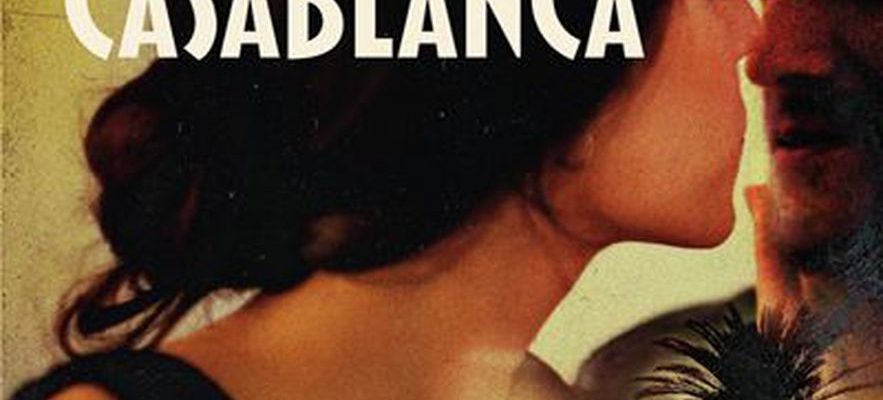The Lovers of Casablanca
By Tahar Ben Jelloun.
Gallimard, 324 pages, €21.
The rating of L’Express: 3/5
The Lovers of Casablanca By Tahar Ben Jelloun. Gallimard
© / Gallimard
It’s the perfect idyll! Nabile, pediatrician, handsome, and Lamia, pharmacist, intelligent and determined, belong to the good Fassi society of Casablanca (their parents are from the very conservative Fez). After meeting, students, in Paris, “magical city”, they united with great pomp (three days of festivities), had two children, had a beautiful house built on the heights of Casa, earn well their life – finally, especially her, the ambitious one, who has invested in two drug factories. When the clouds come after their tenth wedding anniversary. Jealousy, boredom, and, finally, deception. But, as the first narrator of the novel by the academician Goncourt tells us, it was Lamia who succumbed to the temptation, leaving it to Hakim, the architect friend, a hardened bachelor, to console Nabile. It is the latter, now, who takes the pen before passing it to the “guilty”, each declining his point of view of the couple, love and passion.
This alternation allows the Franco-Moroccan Tahar Ben Jelloun, a native of Fez, to subtly refine the feelings of the protagonists and, above all, to highlight the Moroccan “specificities” in the matter: oppressive rules of respectability, omnipresence of the family , hypocrisy of a society, torn between ancestral rites and modernity – thus alcohol, tolerated or not, it depends, or the new Moudawana (family law), which authorizes women to divorce, without sparing him the opprobrium of all those around him. Valuable (and entertaining) insight into love in the time of Mohammed VI. Marianne Payot
If you want peace, prepare the wine
By Laura Gasparotto.
Grasset, 160 pages, €17.50.
The rating of L’Express: 3/5
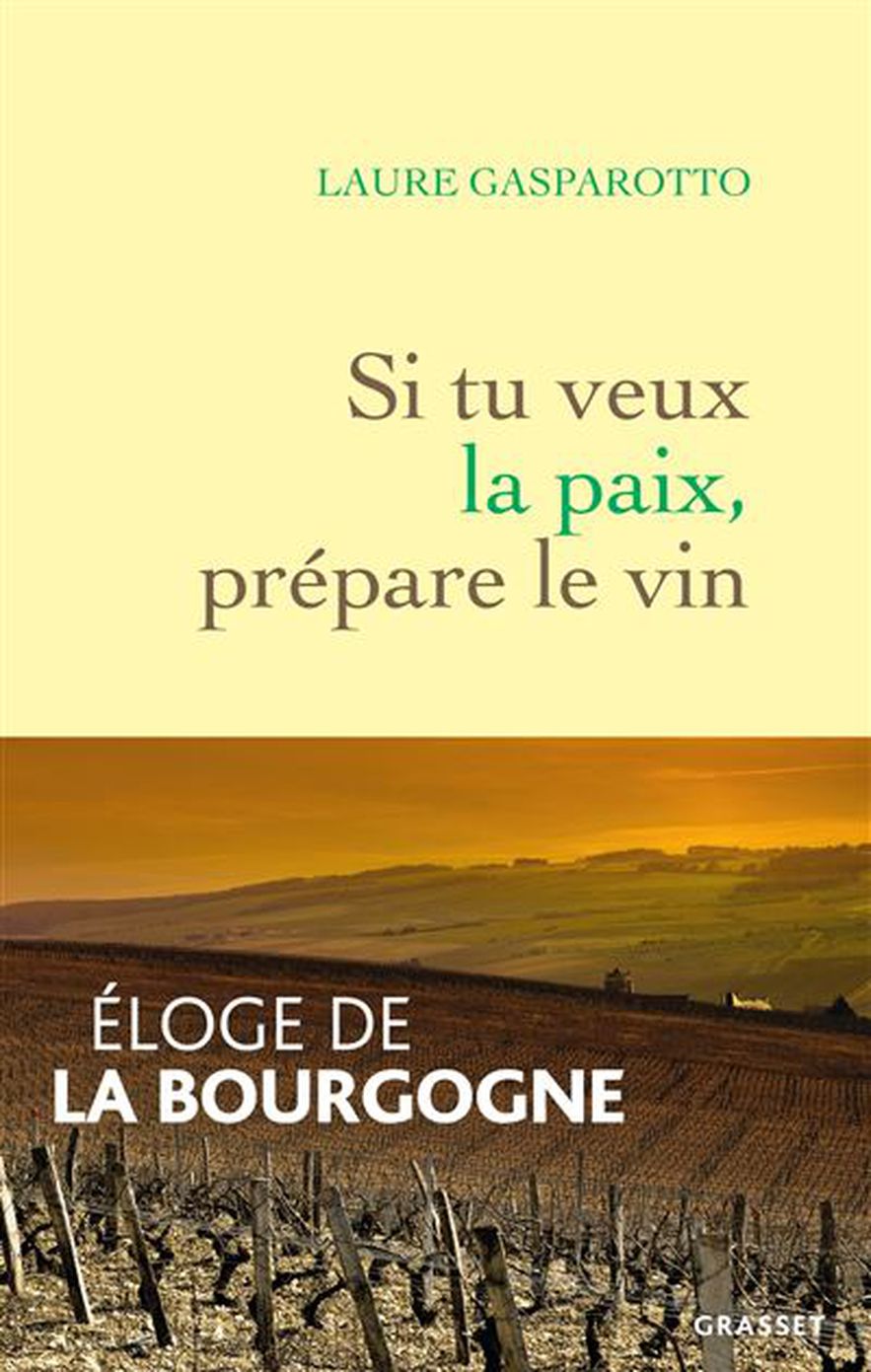
If you want peace, prepare wine By Laure Gasparotto. Grasset
© / Grasset
“When did Burgundy wine switch from simple fermented grape juice to a subject of culture? It all started behind the closed doors of monasteries and in the secrecy of their cellars built by the monks.” It is to this dizzying tale – from the coopers in homespun robes of the Middle Ages to the great fortunes of the CAC 40 – that the taster Laure Gasparotto invites with an erudite pen. Cistercian winegrowers, hiding in their chapel a staircase leading to the cellar, barrels traversing the rivers of all Europe, enchanting bottles, from the end of the 14th century, their wine is an elixir, incomparable. Source of covetousness too, as it made the fortune of the Valois dukes, whose splendor annoyed the king of France, their cousin. Since then, nothing has changed, or very little. Grains sorted by hand, feet in the ground, bent backs of the pickers, immutable gestures.
“If it no longer serves to elevate the soul in a religious way, wine serves as a path as an aesthetic quest”, continues the specialist, who sketches an incredible gallery of portraits. These great Burgundian figures, including Lalou Bize Leroy, enigmatic nonagenarian, whose wines are the most expensive in the world. Impossible successions, lust for great fortunes. How to transmit these multicentennial acres when the hectare is worth 60 million euros? “The soul of Burgundy rocks”, notes this discerning palate, who knows how much the plump bottle represents absolute luxury, age-old nobility. Emilie Lanez
The Reveries of Barbey
By Jean-Francois Roseau.
Le Cherche Midi, 179 pages, €18.90.
The rating of L’Express: 3/5
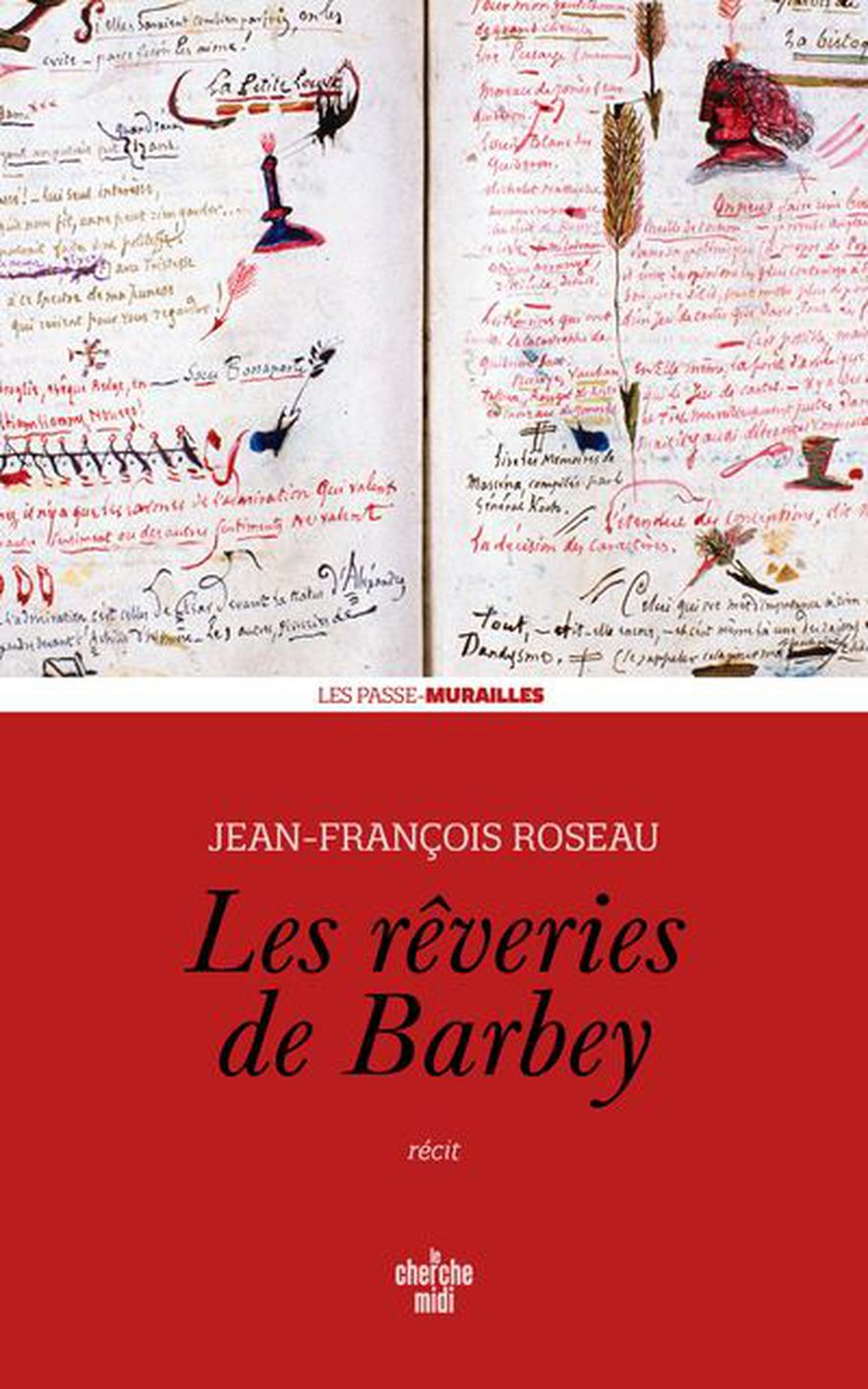
The Reveries of Barbey By Jean-François Roseau. The Cherche Midi
© / The Cherche Midi
There are two types of readers in France: many for whom the word “Valognes” instantly brings to mind Aurélie Valognes, the successful novelist; those rarer for whom they refer to the city of Cotentin where Jules Barbey d’Aurevilly (1808-1889) spent part of his youth. It is to these happy couple what does Jean-François Roseau address with The Reveries of Barbeya sharp and lively literary essay on the offbeat dandy that Julien Gracq considered “a chouan of the Second Empire”.
Entering the Pléiade collection in 1964, is Barbey d’Aurevilly still a classic? Since Arnould de Liedekerke and his excellent essay red heel, published in 1986, no one had really looked into his case. Jean-François Roseau therefore had his work cut out for him. There is no lack of original ideas, as when he shows a connection between Barbey and Simenon, or when he teaches us that Nicolas Sarkozy, like Pompidou and Mitterrand before him, is a fervent reader of this fussy author not really up to date. . Interesting also when he explains that this frenzied misogynist for whom any woman of letters could only be a blue stocking created avant-garde female characters. Barbey was both the master of Léon Bloy and a writer esteemed by Proust: he has the gift of pleasing furious pamphleteers as much as sensitive souls, which is rarely the case. In 2023, there is still time to reread or discover An old mistress, A married priest, Devilish, The Bewitched and the rest of Barbey’s work. Louis-Henri de La Rochefoucauld
My dinner with Winston
By Herve Le Tellier.
Theater folio, 96 p., €6.90.
The rating of L’Express: 4/5
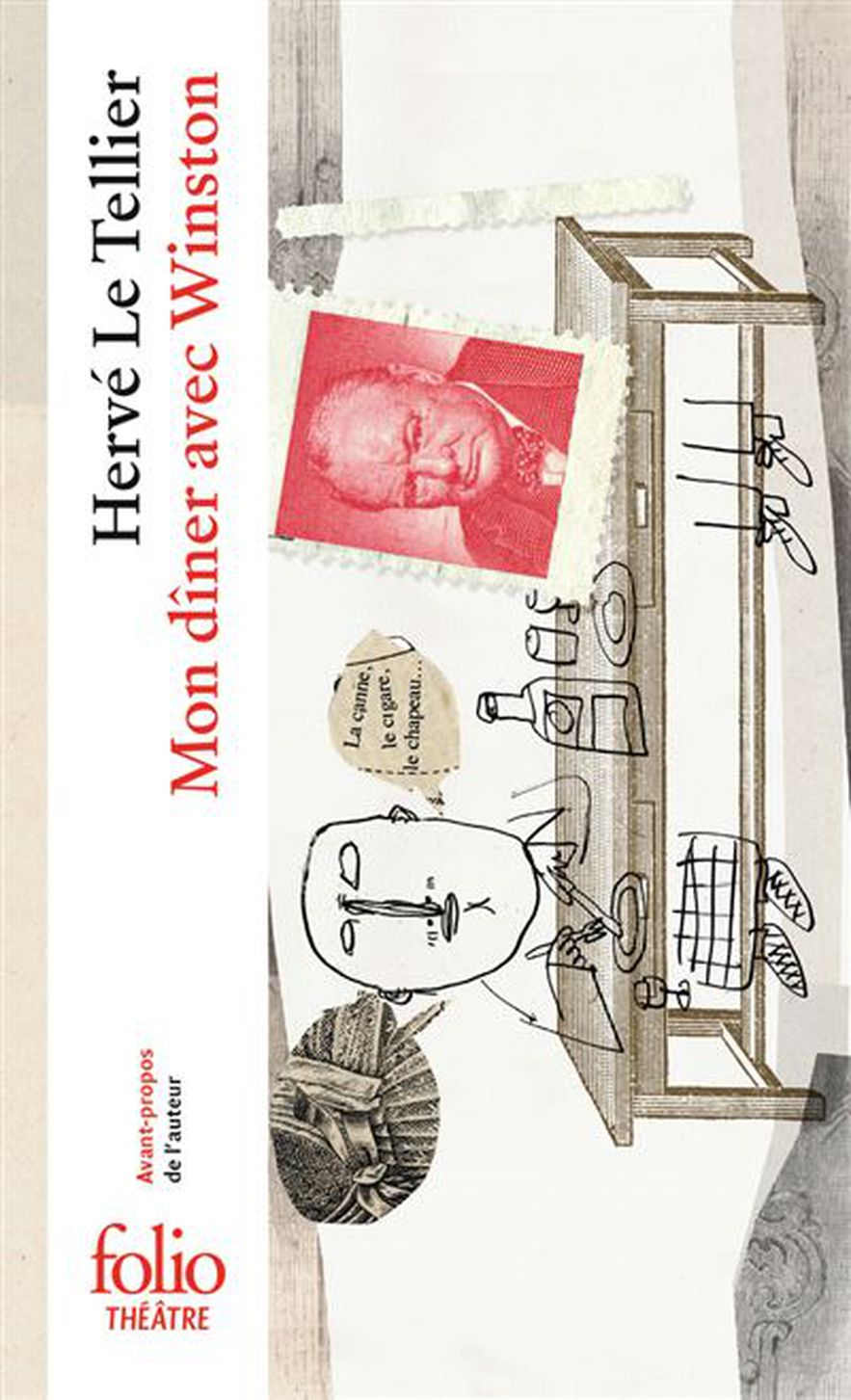
My dinner with Winston, by Hervé Le Tellier
© / theater folio
Folio theater celebrates its 30th anniversary with an unpublished work by Hervé Le Tellier born of a conversation with the actor Gilles Cohen who wanted to have a text (alone on stage) on Churchill. Obviously, with the author of L’Anomalie, it could not be a banal assembly of the speeches of the famous British Prime Minister. He imagines here a man, Charles, a teleworker for an automobile assistance company, who is waiting for the democrat, savior of the world, to dine. Their common point? A certain fondness for the bottle. On the menu, oysters, baked ham, gratin, ice cream, whiskey and cigars. To kill time, Charles evokes the great hours and the setbacks of his hero, but also his own, of misfortunes – Solange, his beloved, left him; as a child, he was little considered by his father, just like little Winston… Good words, historical reminders, wacky situations, references to Rudyard Kipling, the play is tasted like a good old 50-year-old whisky. PM
Plague on your two families
By Robert Littell, trans. from English by Pierre Ménard.
I read, 352 p., €8.50.
The rating of L’Express: 3/5
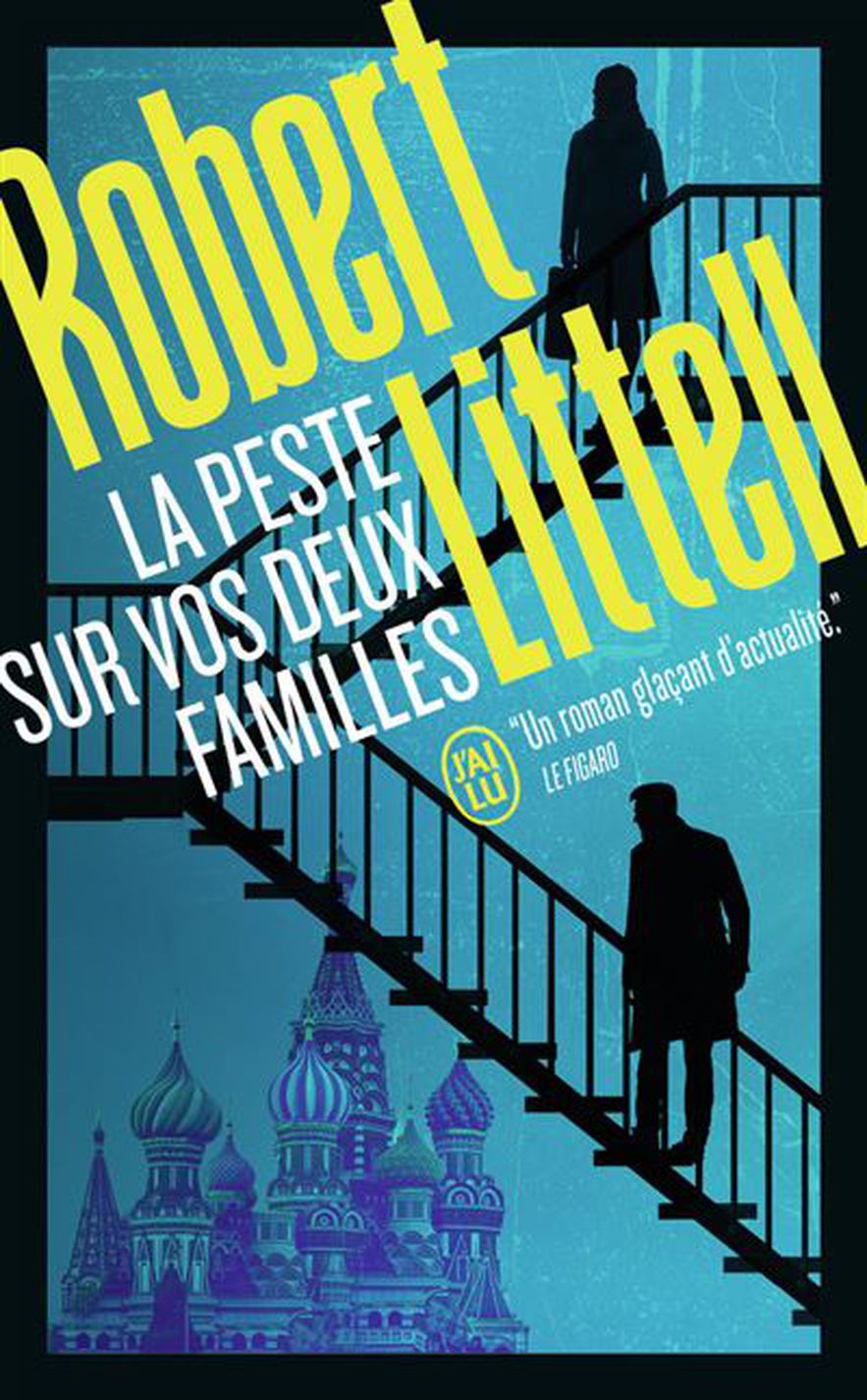
The Plague on Your Two Families, by Robert Littell
© / I read
The former newspaper reporter Newsweekauthor of spy novels with small onions (The loop, Philby, etc.) takes us into the Russia of Boris Yeltsin, in the grip, in this year 1991, of all the predators and all the mafiosos. Two clans clash here. That of the Ossetians of Georgia, with for pakhan (godfather), a certain Timur the Lame, a visceral anti-Communist hardened in a polar penal colony, who ensures the “protection” of the districts of Moscow – in the company of the gangs of Armenia, Azerbaijan, Dagestan.
And that of the Jewish vory (thieves), coming from Vilnius, who wish to extend their territory. Also on the scene is the department for the fight against organized crime, a recent branch of the KGB, which has decided to “act” by helping the gangs to kill each other. Add a forbidden love story to the picture, and you have an uplifting and entertaining novel about a totally disorganized Russian society. PM
